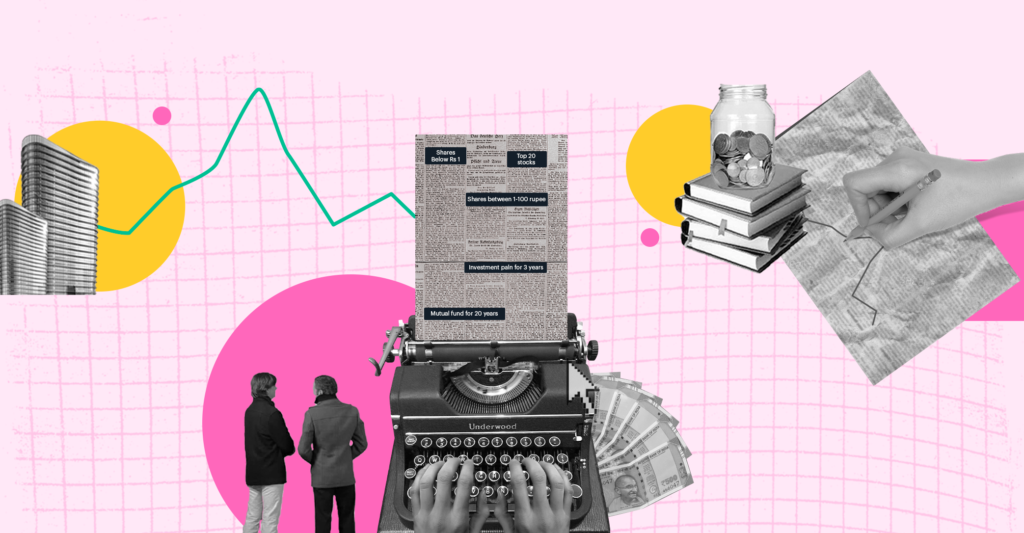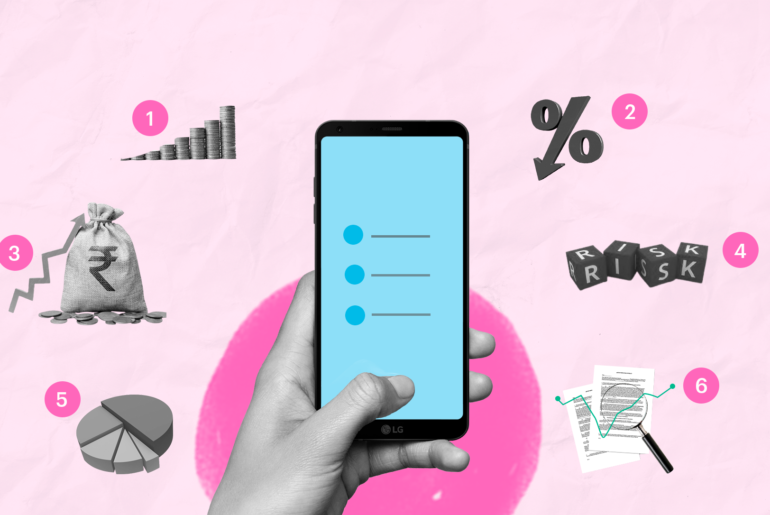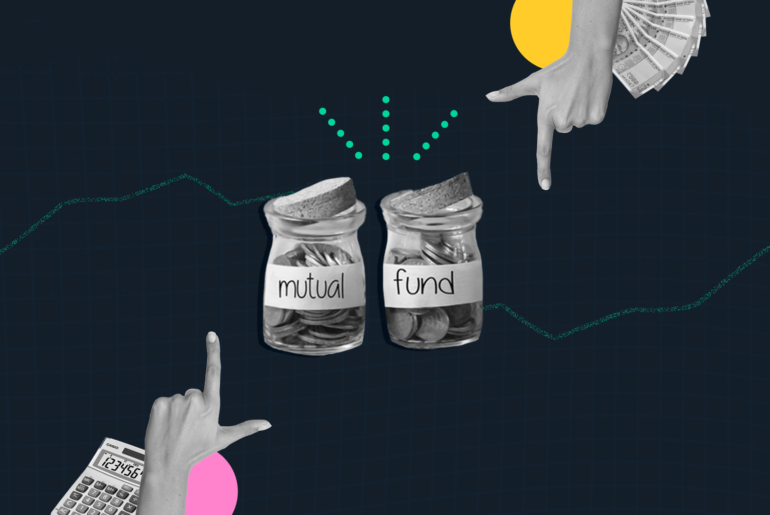Last Updated on May 24, 2022 by
Credit cards are popular among Indians. As per reports, there were 52 mn. credit card users in 2019. This number increased to 57.3 mn. in 2020 and stood at 64 mn. in 2021.
The boost in this popularity is because of the benefits that credit cards offer. You can:
- Make transactions on credit and pay at a later date.
- Earn rewards on every transaction done using the card.
- Get discounts and cashback at partnered outlets.
- Get privileges, freebies, and other benefits.
Credit cards, therefore, are a hassle-free way of transacting that also offers additional benefits on each transaction.
Credit card bill payments
Though credit cards allow credit transactions, you need to pay for such transactions when the credit card bill is generated. The billing cycle is usually one month, and the bill contains all the transactions done within that month. You are also allowed a due date within which you need to pay the bill to avoid interest and late payment charges.
When it comes to bill payments, credit cards allow you the flexibility to pay a part of your bill and then carry forward the remaining amount to the next billing cycle. The part of the bill that you pay is called the Minimum Amount Due (MAD), and the facility to carry forward the unpaid balance is called revolving credit facility.
The MAD is fixed by the credit card company and might depend on your usage and bill amount. Paying the MAD frees you from the obligation to settle your credit card debt in full. There is no late payment fine if you clear the minimum amount due. It, thus, provides a leeway which is extremely helpful when you are facing a financial crunch. However, paying only the minimum amount due and revolving your credit is not advisable. Do you know why?
Let’s understand.
Why paying only the minimum amount due is not wise?
There are three main reasons why paying only the minimum amount due is not wise. Have a look:
- You incur interest cost
When you pay the minimum amount due, the outstanding balance gets carried forward to the next billing cycle. Though no late payment fee is charged on the balance carried forward, the interest starts accumulating on the outstanding amount. The interest is charged up to the time that you don’t settle the bill in full. Though you can make part payments on the outstanding amount, the remaining amount would continue attracting interest.
Credit cards are high-interest debts. The interest can go up to 3% per month and even higher in some cards. This means an annual interest of 36% or more. Such high-interest payments incur additional expenses and burn a hole in your pockets.
Here’s a quick example to understand –
| Credit card bill amount due on 10 January | Rs. 15,000 |
| Minimum amount due | Rs. 1,000 |
| Payment towards credit card bill on 10 January | Rs. 1,000 |
| Revolved credit | Rs. 14,000 |
| Credit card interest rate | 2.5% per mth |
| Interest payable from the next billing cycle | 2.5% of Rs. 14,000= Rs. 350 per mth or Rs. 11.67 per day |
So, every day that your outstanding balance remains unpaid, you incur an additional cost.
- No credit-free interest period
Credit cards allow credit-free interest periods, i.e., the period wherein your credit transactions do not earn any interest. This period ranges from 45 to 60 days, starting from the start date of the billing cycle and ending on the last date allowed for paying your credit card bill. So, say your billing cycle is the 6th of every month, and you are required to pay the due within the 21st of every month; you enjoy a credit-free interest period of 45 days. Transactions between this period are interest-free.
However, if you pay the minimum amount due and revolve your credit, you lose this interest-free credit period. From the next billing cycle, every transaction you do would be added to the outstanding balance, and you would also have to pay interest on the new transaction. This double whammy is best avoided.
- Impact on your credit score
Lastly, your credit score is also impacted if you pay only the minimum amount due and do not clear your credit card bill. This reflects on your credit score and lowers it. In the future, when you apply for a loan, the lower score might prove to be an inconvenience. The lender might reject the loan if the score is very low. Alternatively, if your loan is even approved at a low score, you would have to pay high interest on the same.
So, paying only the minimum amount due might later prove to be costly when you are charged higher interest on another loan that you avail of.
Conclusion
The facility of the minimum amount due is definitely beneficial if you are short on funds and do not want to incur a late payment fee on your credit card bill. However, it has adverse monetary effects and is best avoided. Always strive to pay off your credit card bills in full. In some months, if there is a financial crunch, you might opt for the minimum amount due benefit but, then try and clear the outstanding balance as soon as possible to avoid interest accumulation. This accumulated interest might snowball and lead you to a debt trap.
So, use your credit card wisely. Spend only what you can pay back and then clear your bills in full.




